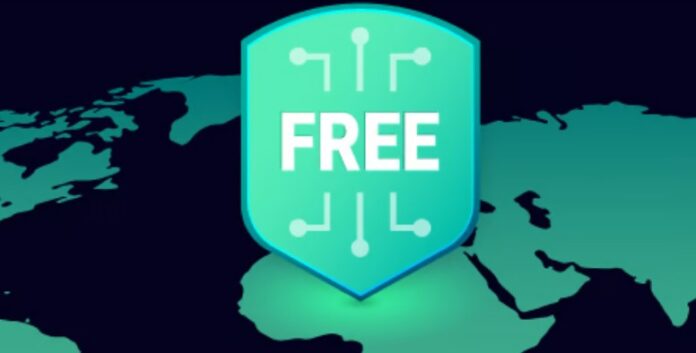We have all heard of VPNs, but many of us are unaware of the potential security risks associated with using free VPNs. In this article, we will explore the truth behind free VPNs, which free vpn is safest, and whether or not they are really safe to use. We will discuss the dangers of using free VPNs, how the free VPNs may be collecting and selling your data, and how you can stay secure while using a free VPN.
Table of Contents
Are Free VPNs Really Safe?
When it comes to the security of personal data and browsing activities, free VPNs come with a host of potential risks. While free VPNs may appear to be an attractive option due to the lack of a financial commitment, the security concerns and potential data leaks associated with these services should be considered when making any decision about using a VPN.
Security Concerns
Free VPNs typically lack the security measures that are present in paid VPNs. There is often no encryption, which leaves user data vulnerable to attack. Additionally, free VPNs often lack the stringent privacy policies that paid VPNs have in place, meaning that user data could be shared with third parties. Furthermore, they may not have the same level of malware protection as paid services, leaving users vulnerable to malicious software.
Potential Data Leaks
The lack of encryption and security measures in free VPNs could lead to potential data leaks. This means that user data could be accessed by third parties, leaving users exposed to potential cyber insecurity and privacy issues. Additionally, free VPNs may lack the features that help to prevent DNS leaks, which could also lead to data being exposed.
Limited Server Access
Free VPNs typically only have access to a limited number of servers, meaning that users have limited options when it comes to selecting a server. This could lead to slower speeds and reduced reliability, meaning that users may not be able to access certain content or websites. Additionally, the bandwidth restrictions that typically come with free VPNs could mean that users are unable to access certain websites or services.
Advantages of Free VPNs
Low Cost
One of the main advantages of free VPNs is that they are low cost. This is especially beneficial for users who are on a tight budget and need a secure way to access the internet. With a free VPN, users can enjoy the benefits of a secure connection without having to pay for it.
No Commitment
Another advantage of free VPNs is that they do not require any type of commitment. This means that users can use the service whenever they want without having to worry about any kind of contract or commitment. This makes it easier for users to access the internet without any hassle.
Access to Blocked Content
Free VPNs can also provide users with access to blocked content. This can be especially useful for users who live in countries where certain websites or services are blocked. With a free VPN, users can bypass these restrictions and access the content that they need.
Disadvantages of Free VPNs
Slow Speeds
One of the major disadvantages of using a free VPN is the slow speeds it offers. Free VPNs are usually overloaded with users and therefore, suffer from bandwidth throttling. This means that the speed of your connection might be painfully slow and unreliable. As a result, activities like streaming, gaming and downloading large files can be difficult to accomplish.
Lack of Privacy
Another disadvantage of free VPNs is that they often lack privacy. Free VPNs are not subject to the same strict regulations as paid ones, and they can often contain ads or sell your data to third-party companies. This means that your data and browsing habits are not kept private, which can be a security risk.
Risk of Malware
Lastly, free VPNs can also put you at risk of malware. Free VPNs are often not subject to the same rigorous security protocols as paid ones, and they may not have the same level of protection against malware. This means that your device can be vulnerable to malicious software, which can be a significant security risk.
Conclusion
Free VPNs may seem like a tempting solution for those looking for an inexpensive and convenient way to stay safe online. However, it is important to consider the trade-offs before using a free service. Free VPNs can be unreliable, slow, and may even put your data and privacy at risk. It is important to weigh the pros and cons before deciding if a free VPN is the right choice for you. Ultimately, it is best to opt for a reputable paid VPN if you are looking for a safe, dependable online experience.

